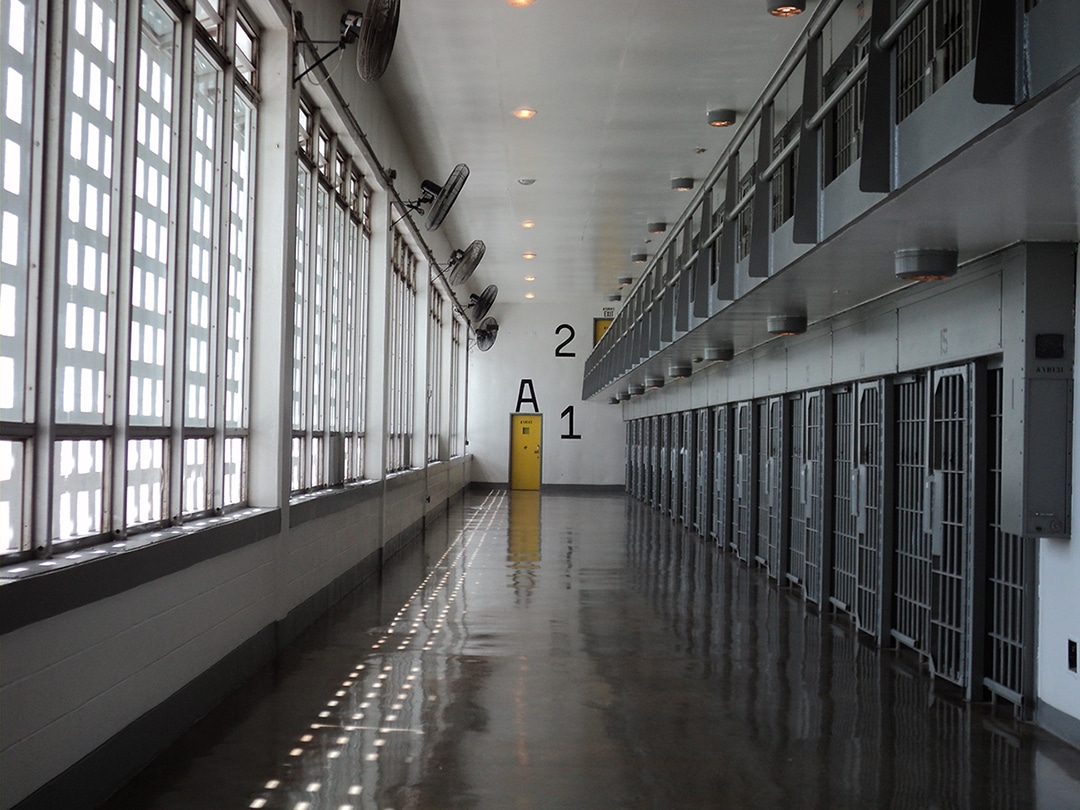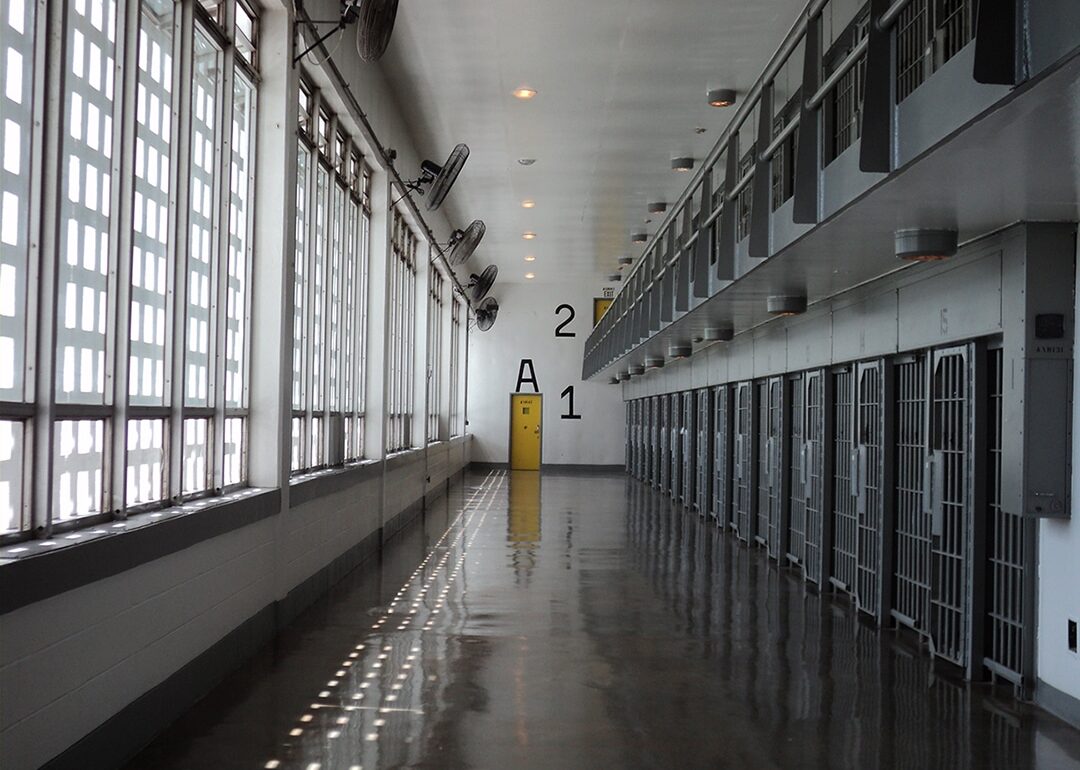
Brought into existence to tell us whether Georgia’s notoriously unsafe prison system is unsafe, a state Senate study committee has concluded that, for the most part, the Georgia Department of Corrections (GDC) is doing the best it can.
On December 13, the Georgia Senate Supporting Safety and Welfare of All Individuals in Department of Corrections Facilities Study Committee held its fifth and final meeting. The committee was created in February to “examine current issues impacting” GDC and recommend potential solutions.
Since then, some 150 people including eight officers have been arrested in connection to the same contraband operation; the first recorded incident of gun violence inside a GDC facility added two deaths to the unknown total of homicides and suicides; and a Department of Justice investigation found GDC in violation of the Constitution.
The committee voted on recommendations and will include them in its forthcoming report about whatever it’s supposed to have learned over the past 10-plus months. A lightly condensed version of these recommendations is as follows:
– Create an independent prison oversight bureau? No.
Alas, Senator Randy Robertson (R) cautioned that this would be too dangerous. He sees it time and again: civilians simply gaining too much unchecked power over law enforcement officers.
– Increase mental health services? Yes.
…by way of shopping the idea around to private contractors. Leaning into privatization of services like telecommunications or health care was also a recommendation. Where the state can find no more fat in the budget to trim, for-profit vendors will always be there to find more.
– Invest in corrections officer retention? Yes.
Via pay increases (which they’ve already gotten) but apparently not via de-escalation training (since they’ve already gotten it).
“Instead of us steadily talking about increasing the staff in Georgia Department of Corrections, why have we not visited how we can decrease the number of people who are incarcerated?” Alicia Teague, chief development officer for the National Incarceration Association, asked during her testimony. “I truly believe that if the Georgia Department of Corrections did an audit of every single person incarcerated, you would find quite a few people that are eligible for parole, that are maybe sick, elderly, they pose no more risk to offend than any of us in this room right now.”
– Offer people in custody more programming? No.
It seems this is not necessary, as all the educational and recreational opportunities we could ever need are already here. If you find them, please tell us.
– Increase oversight of the performance incentive credit program? No.
Not applicable, since these recommendations are aimed solely at GDC. Performance incentive credits, and anything else that’s in theory meant to facilitate early release for those of us who are eligible, are the purview of the Georgia State Board of Pardons and Paroles. Which has no connection to any of this whatsoever.
“The overcrowding and the violence within our prisons harms everyone,” said Tiffany Johnson of Georgia Prisons Exposed during her testimony. “We are asking, please allow those that were sentenced under the 14- to seven-year law term to get their parole. Some of them have—you know, they work in the prison, they help with labor, they save you guys so much money. Allow them to be released … the system needs to be changed from the top all the way down, starting with [GDC Commissioner Tyrone] Oliver.”
At which point Sen. Robertson said it was time to move on.
– Convert all existing prisons, and build all future prisons, to be high-security single-person cells? Yes.
“Senator Robertson has stated a preference for 23/7 solitary cells,” W*, serving a life sentence and looking for a reason to be optimistic about the hearing, told Filter. “Damn man, at least read a book on what has failed to work in the past before reinventing the wheel with the same mistakes. A single cell is a tolerable living condition—if one can get out of it for eight to 12 hours a day.”
GDC has been salivating in anticipation of the day it can effectively hand over all operations to AI. It’ll be a lot easier once we’re all living in solitary confinement.
“We kept single cells at Reidsville,” Doug*, incarcerated since the ’70s, recalled of Georgia State Prison. “Until the ’90s when prisoner population doubled … Building singles only promises more prisoners will be double- and triple-celled in the future.”
Georgia State Prison closed in 2022. The state is now working on putting hundreds of millions of dollars toward building a new high-security prison in the same county.
– Continue pushing for cell phone jammers? Yes.
A foregone conclusion if there ever was one. Jammers are prohibited by federal law and stand to interfere with reception of 911 calls. But that’s a small price to pay if they stops people from using contraband cell phones in order, say, to leak footage of this hell hole to social media or call their child on their birthday.
– Increase oversight of wardens? Yes.
Not that this will amount to anything, unless we do away with the current model of stratifying prisoners by security classification. If the prisoners who are most vulnerable to assault and extortion were no longer housed with those best positioned to do the assaulting and extorting, the power dynamics at each facility might be able to evolve a bit.
*Names have been changed for sources’ protection
Image via Georgia Department of Corrections
This post was originally published on this site be sure to check out more of their content.









